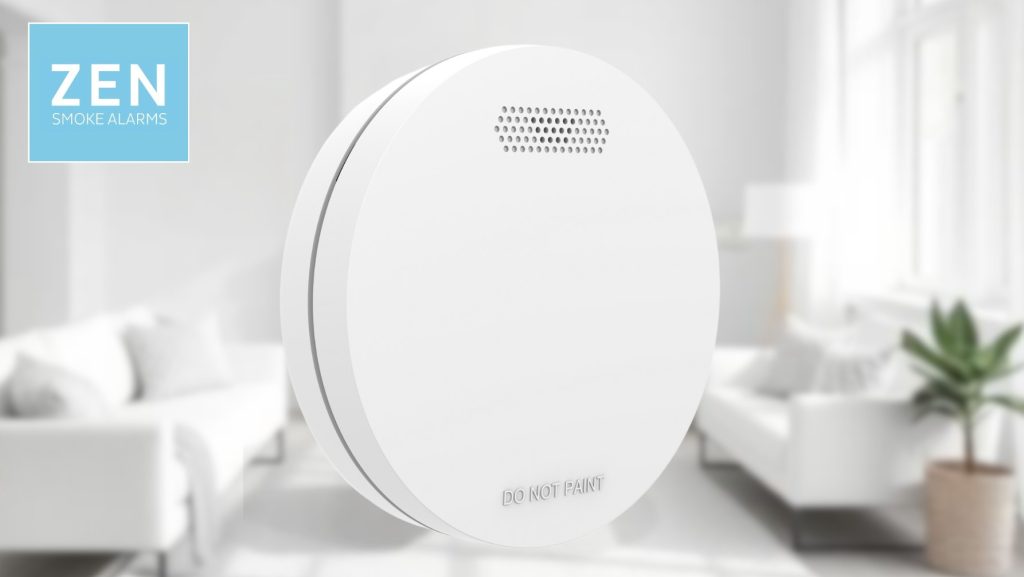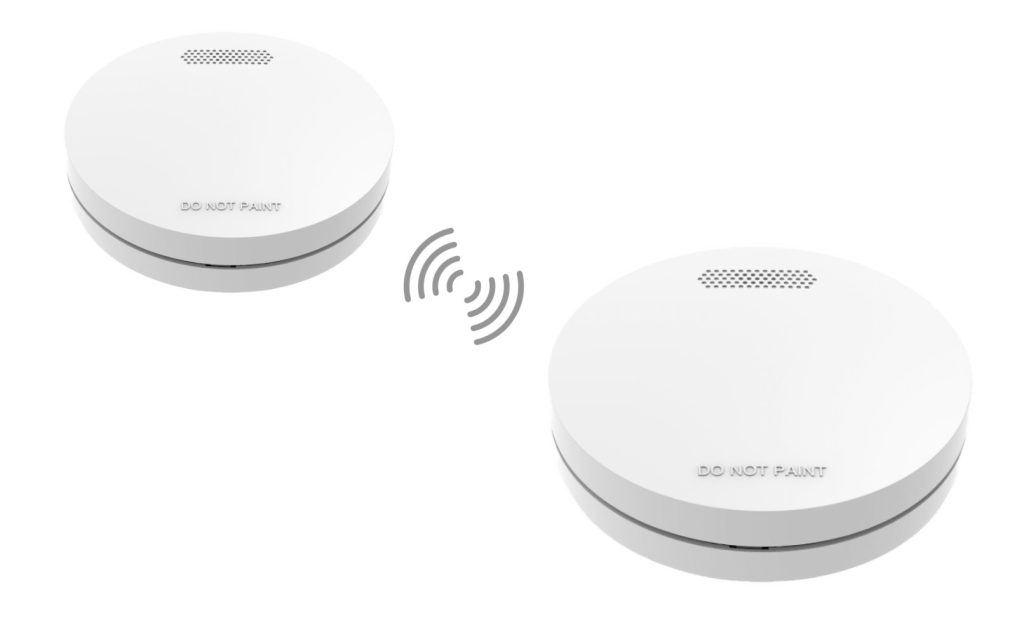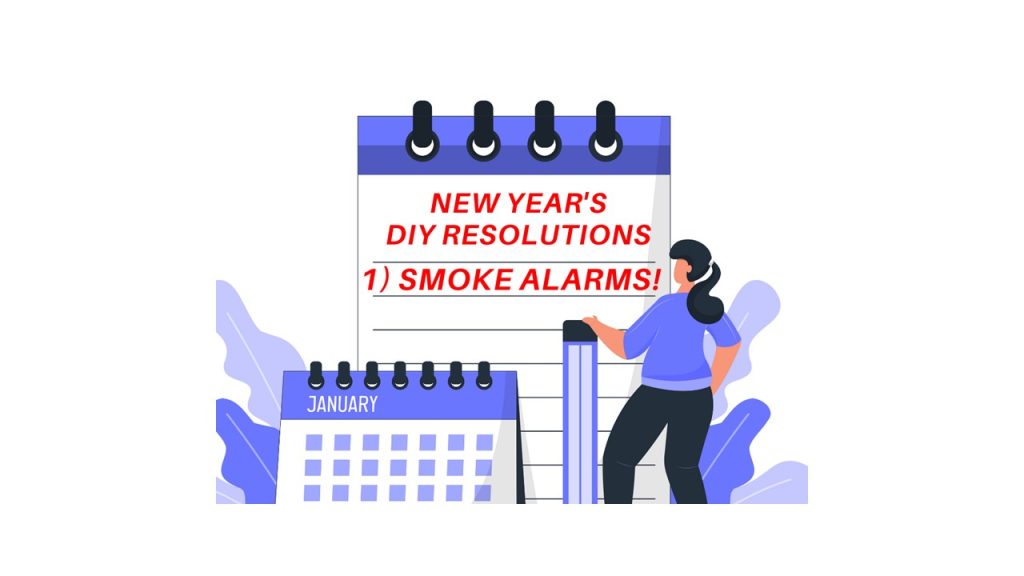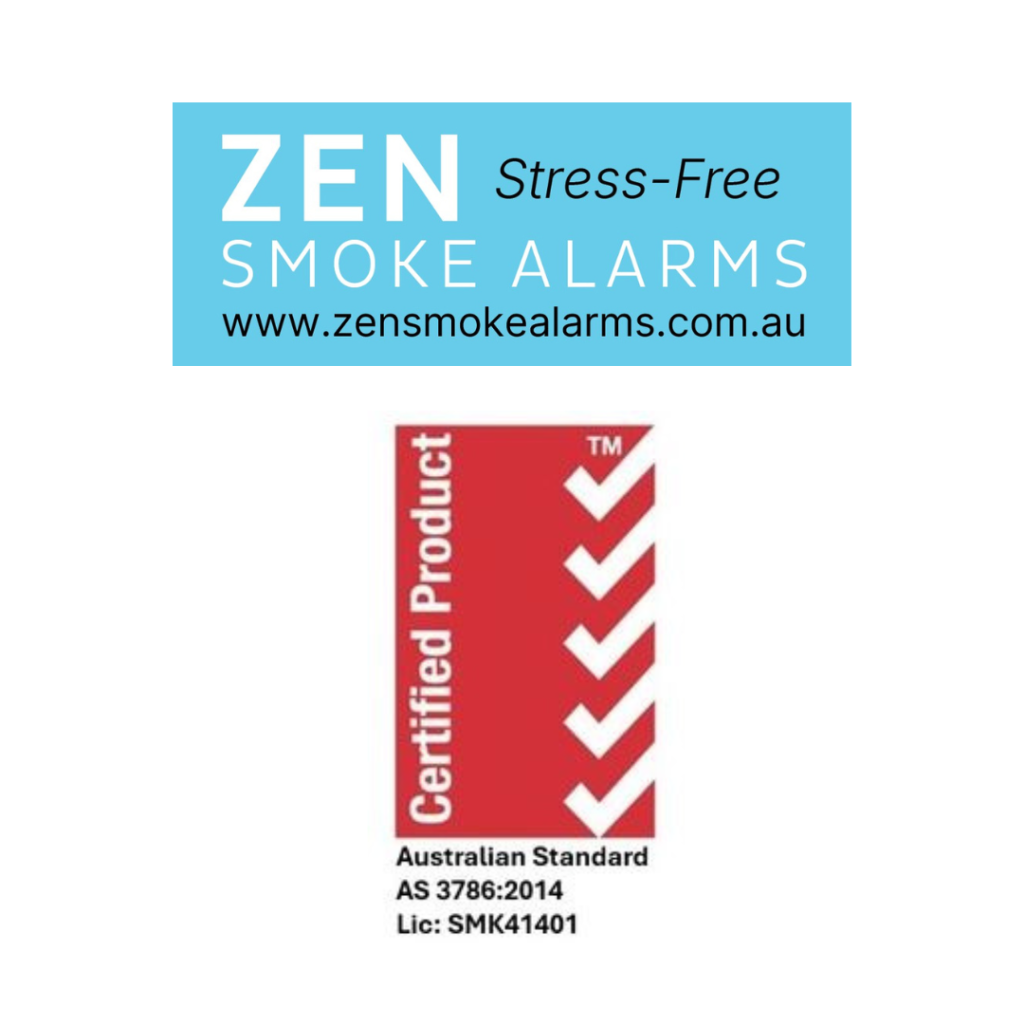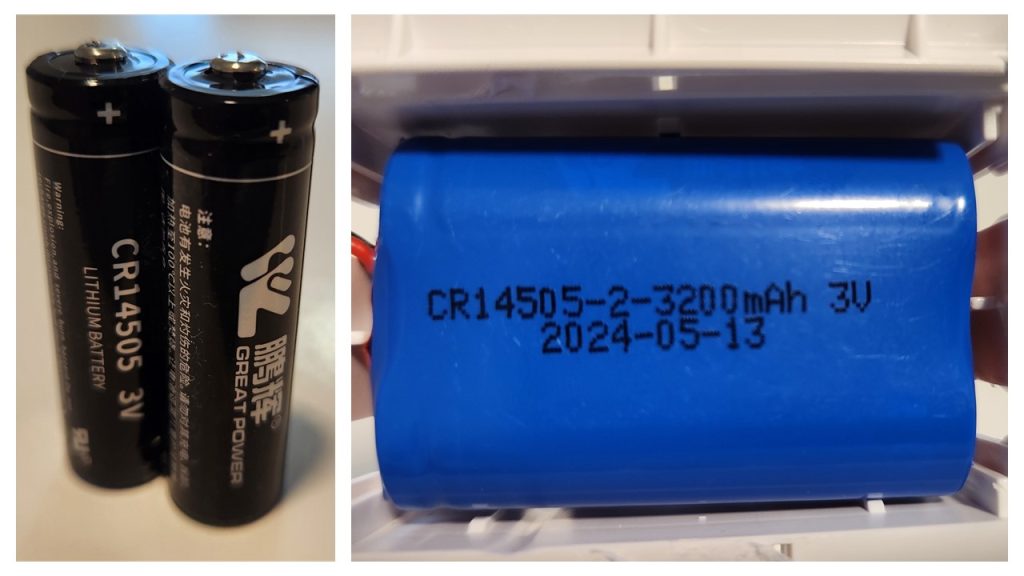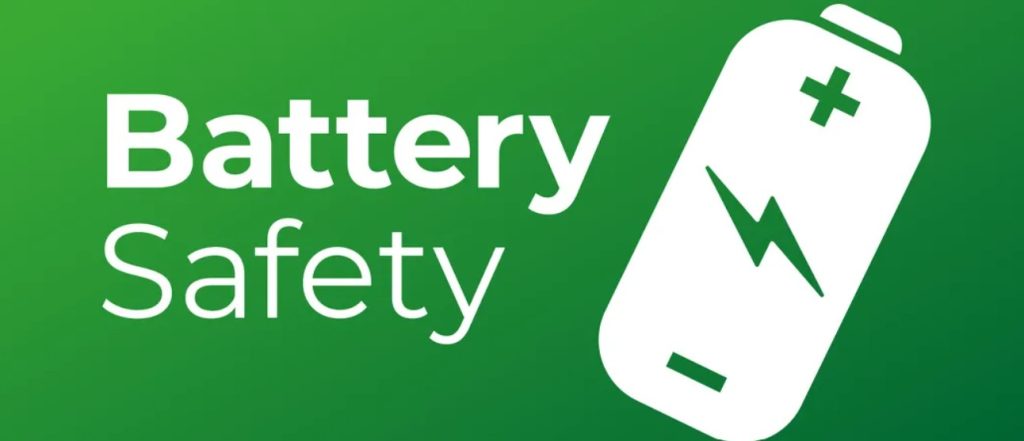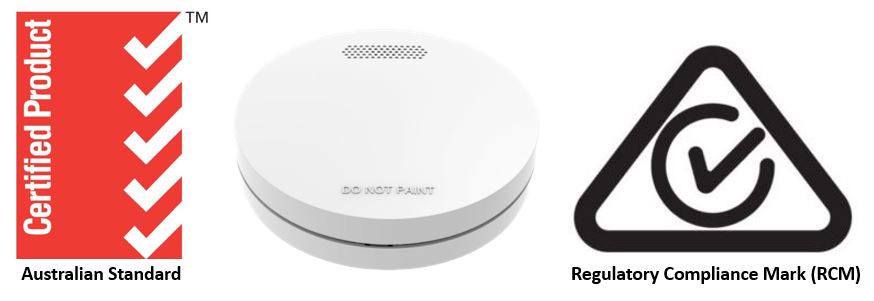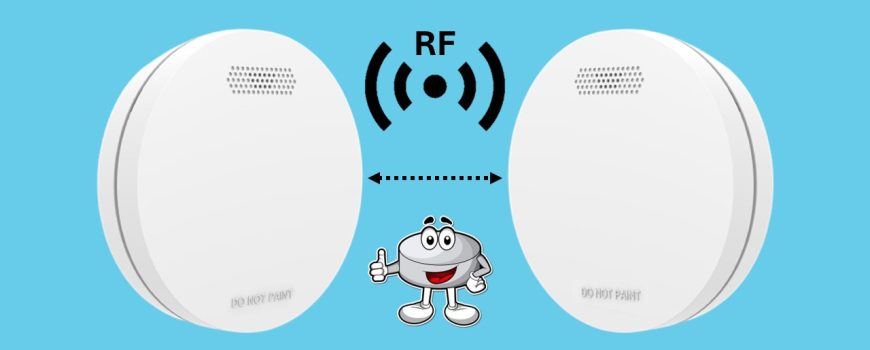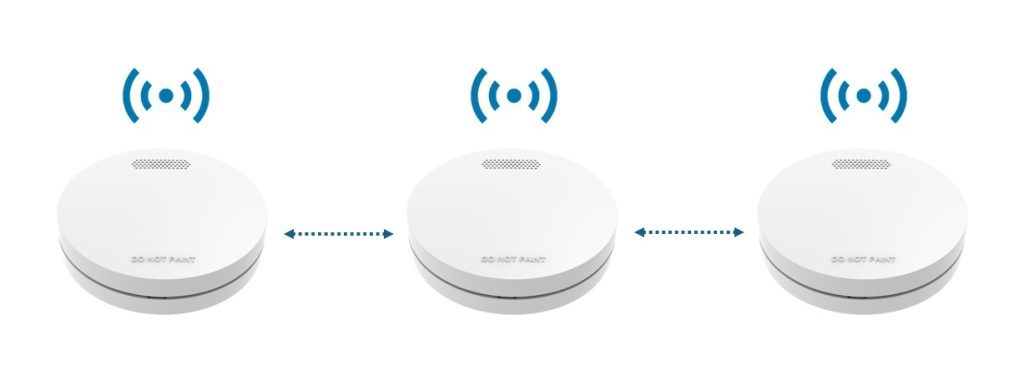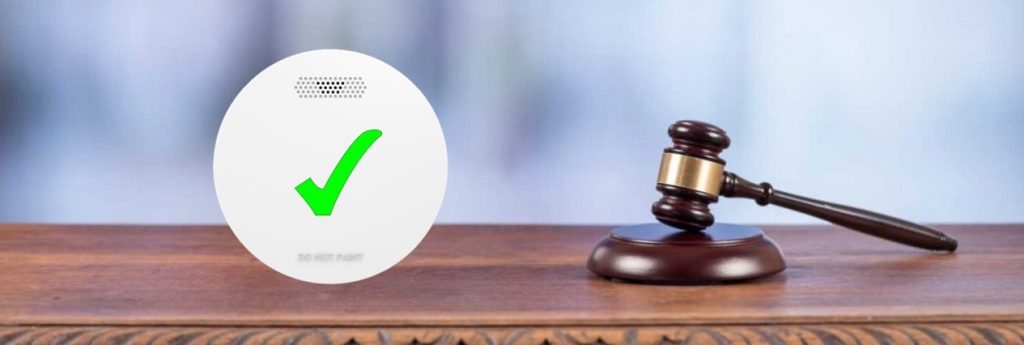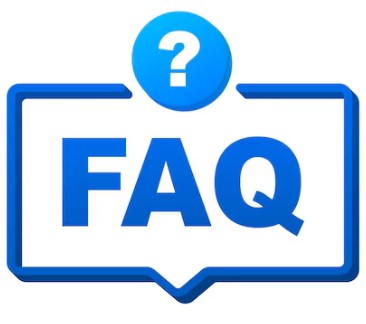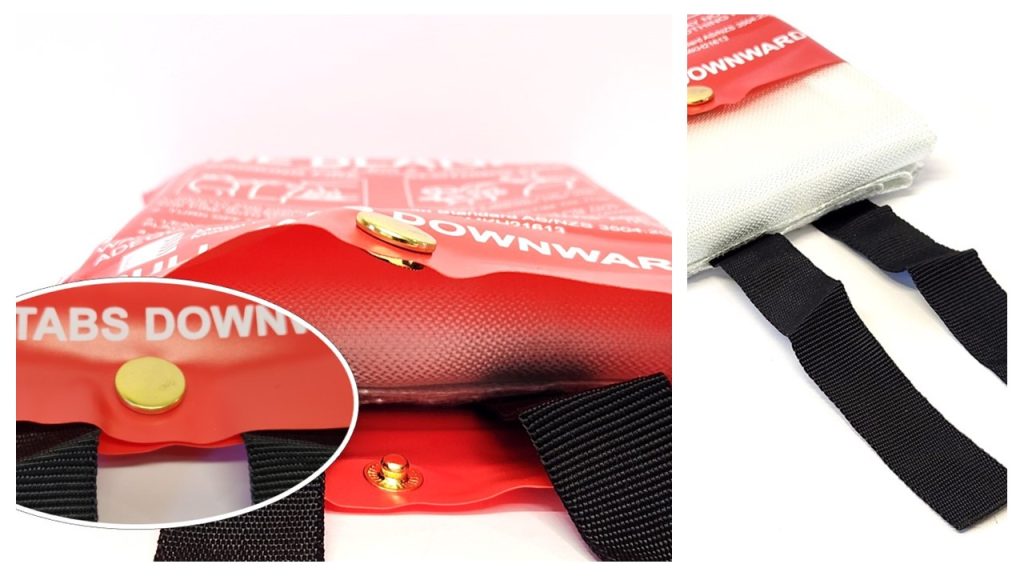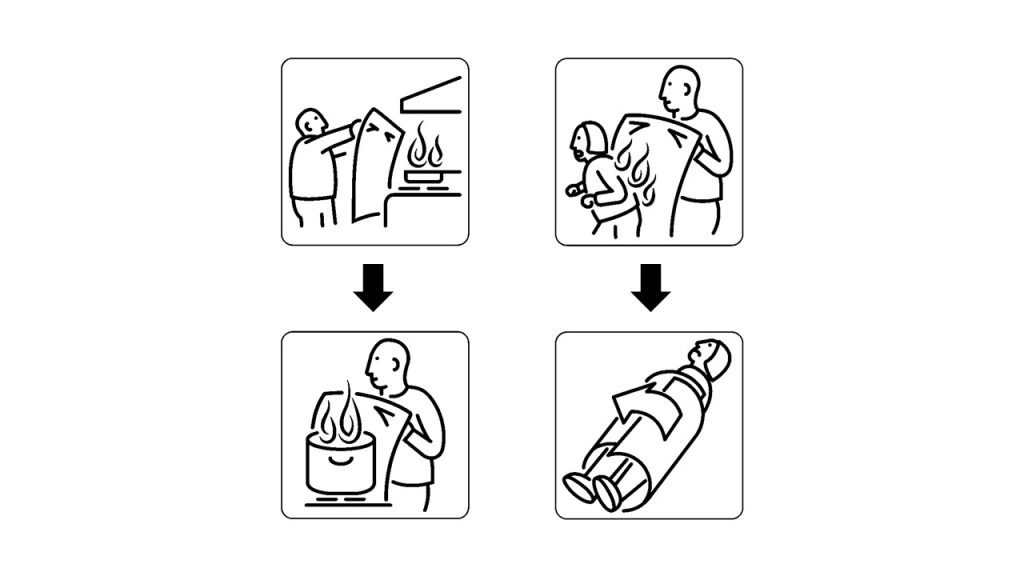When it comes to protecting your home and loved ones, choosing the right smoke detector is very important. Some people go to Bunnings smoke detectors for the cheapest price, while other Australian’s seek highly-quality and affordable brands like ZEN Smoke Alarms for ease of use and expert local support. But which option is better suited for your home? In this detailed guide, we’ll compare the benefits and drawbacks of Bunnings smoke detectors versus ZEN Smoke Alarms, helping you make an informed purchasing decision.
Bunnings Warehouse (‘the big green shed’) is a well-known hardware retailer offering a variety of cheap smoke alarms from different brands, including battery-operated and hardwired options. Their range caters to tradies and DIY enthusiasts looking for budget solutions, but are they the best choice when it comes to safety and reliability? Let’s take a closer look.
Benefits of Bunnings Smoke Detectors
- Cheap Price Range
Bunnings smoke detectors are often priced lower than other brands, making them an economical option. - Wide Availability
Available at hundreds of Bunnings stores across Australia making them easy to locate. - Variety of Brands and Models
Bunnings stocks various cheap brands, including ionisation and photoelectric models, allowing consumers to choose based on their preference.
Drawbacks of Bunnings Smoke Detectors
- Limited Support
Bunnings is a hardware retailer, not a specialist smoke alarm provider. While their staff can assist with general inquiries, they may lack in-depth knowledge about smoke alarm use, legislation, compliance, positioning, and maintenance. If you need expert advice on which alarm is best for your home, how to install it correctly, or how to ensure it meets Australian safety standards, you may find their support limited, leaving homeowners to navigate smoke alarm laws and installation requirements on their own. - Non-Interconnected Models
Many Bunnings smoke detectors are standalone alarms, meaning they do not wirelessly communicate with other alarms in the home. In states like Queensland, where interconnected smoke alarms are now legally required in all residential properties, choosing a non-interconnected model could result in non-compliance with fire safety laws. Interconnected alarms provide better early warning, as when one alarm detects smoke, all alarms activate, giving occupants more time to escape. If you’re purchasing from Bunnings, you’ll need to carefully check whether the smoke alarm meets state-specific legal requirements. - Potential Quality Concerns
While Bunnings smoke detectors are typically very cheap, lower-cost models may not offer the same level of reliability, durability, or sensitivity as premium options. Some budget alarms may be prone to false alarms, slow response times, or a shorter operational lifespan, increasing the risk of failure in a real emergency - Mixed Customer Reviews
Publicly available customer reviews and feedback about Bunnings smoke detectors are not always positive. Some users report frequent false alarms, difficulty with installation, short battery life, and alarms failing within a few years. Bunnings smoke detectors have mixed feedback, making it harder to determine whether you’re purchasing a long-lasting, dependable product. For homeowners prioritizing safety and peace of mind, investing in a trusted, highly rated smoke alarm brand may be a better choice.

Why Choose ZEN Smoke Alarms?
ZEN Smoke Alarms is an Australian-owned company that specialises in high-quality and affordable, interconnected photoelectric smoke alarm systems. With a focus on safety, reliability, and customer support, ZEN Smoke Alarms provide a premium yet highly affordable alternative to cheap mass-market options.
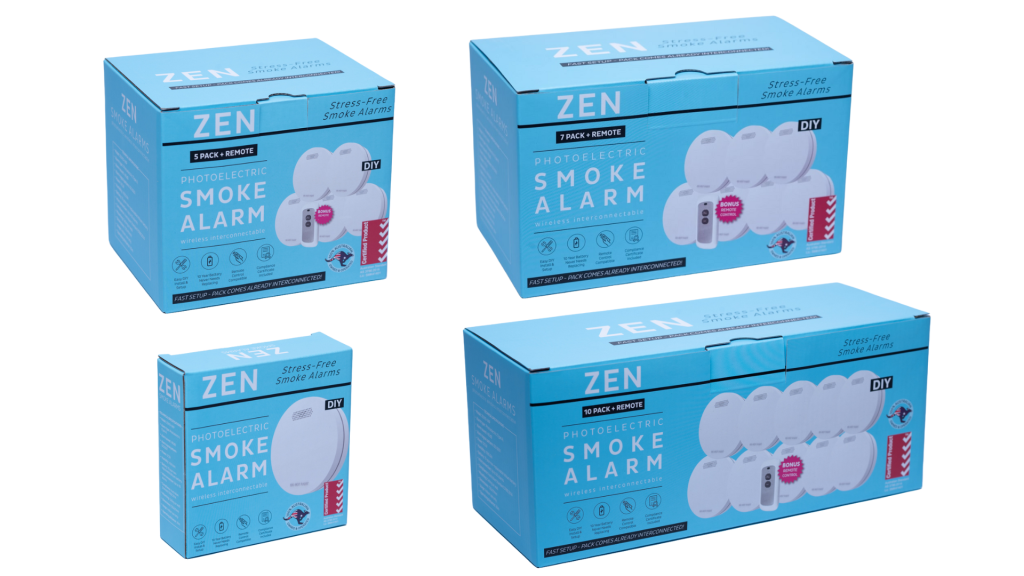
Benefits of ZEN Smoke Alarms
- Interconnected Wireless System
ZEN Smoke Alarms are wirelessly interconnected, meaning if one alarm detects smoke, all alarms in the house will activate, providing maximum warning time. ZEN Smoke Alarm bundle packs arrive to the customer already interconnected. - Australian Standard Compliance
ZEN Smoke Alarms are tested and certified to comply with Australian Standard 3786:2014, ensuring reliability and performance. A copy of the certificate is provided in the box with every alarm. - Long-Lasting 10-Year Battery
Unlike some Bunnings smoke detectors that require battery changes, ZEN alarms feature a sealed 10-year lithium battery that never needs replacing. - DIY-Friendly Installation
The wireless, battery-powered design allows homeowners to install ZEN Smoke Alarms themselves, eliminating the need and extra cost for an electrician. - Dedicated Customer Support
ZEN Smoke Alarms offer personalised customer service with expert guidance from an Australian-based support team in Brisbane, QLD. - Bonus Safety Inclusions
Every ZEN Smoke Alarm bundle pack includes a free fire blanket and smoke alarm remote control, adding extra value and safety to your home. - Outstanding Customer Reviews
ZEN Smoke Alarms has received over 170 five-star Google reviews, reflecting customer satisfaction with the quality, reliability, and service provided.
Drawbacks of ZEN Smoke Alarms
- Slightly Higher Upfront Cost
Whilst still very affordable, ZEN Smoke Alarms are not the absolute cheapest on the market. - Online Purchase Only
ZEN Smoke Alarms do not have a physical ‘bricks and mortar’ shopfront, requiring online orders for purchase and delivery (although free Australia-wide delivery is provided for all ZEN bundle packs). - Not Hardwired
While ZEN’s 10-year battery-powered alarms offer convenience, they may not be suitable for some properties that require 240V hardwired smoke detectors by law.
Comparing Key Features: Bunnings vs ZEN Smoke Alarms
| Feature | Bunnings Smoke Detectors | ZEN Smoke Alarms |
|---|---|---|
| Interconnected Alarms | Some models (limited selection) | Yes – all models |
| Battery Life | Varies – some require annual battery changes | Sealed 10-year lithium battery |
| DIY Installation | Yes (for battery models) | Yes – fully DIY-friendly |
| AS 3786:2014 compliance certificate included | No | Yes – fully certified and a copy included inside the box |
| Warranty | Varies between 1-5 years | 2 year full product warranty |
| Customer Support | Store staff (limited knowledge) | Expert, Australia-based support |
| Bonus Safety Inclusions | None | Free fire blanket + remote control |
| Customer Reviews | Mixed feedback | 170+ five-star Google reviews |
Which Smoke Alarm is Right for You?
- Choose Bunnings Smoke Detectors if… you simply want the the absolute cheapest solution and mixed customer feedback is not of concern.
- Choose ZEN Smoke Alarms if… you want high-quality and affordable, wirelessly interconnected alarms, expert friendly support, and a hassle-free 10-year battery solution.
While Bunnings smoke detectors offer very cheap prices, price should not be the only factor taken into consideration when choosing a life saving appliance to protect your home and loved ones. ZEN Smoke Alarms provide advanced safety features, longevity, and better overall home protection. Investing in a reliable, interconnected smoke alarm system can make all the difference in an emergency.
For maximum safety and peace of mind, explore the benefits of ZEN Smoke Alarms today and protect what matters most!

Want to know more? Watch our ZEN Smoke Alarm YouTube channel or call us on 0478 596 402 today
We love talking smoke alarms!
ZEN Interconnected Smoke Alarms
New Farm, QLD, 4005




